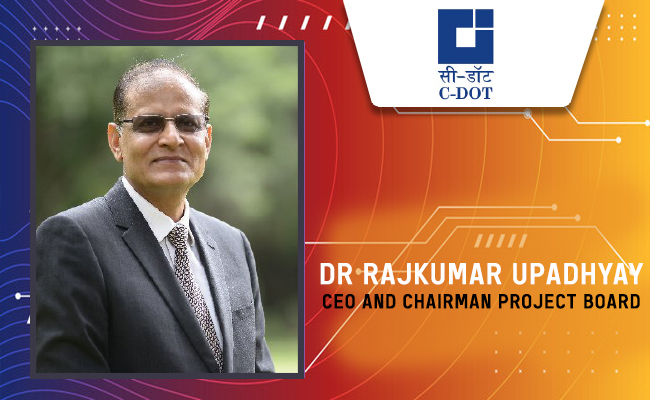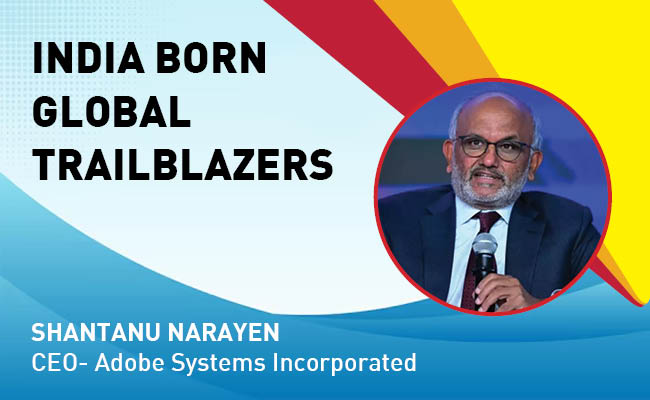Pandemic will force 1.8 cr Indians to switch occupation by 2030
By MYBRANDBOOK

The pandemic has disrupted labour markets because companies have been forced to respond to a new dimension of work that is going for digital transformation. The rapid deployment of automation, AI and RPA will make many jobless.
With this as many as 1.8 crore Indian workers will be forced to switch to a new occupation by 2030 owing to the lasting impact of the ongoing COVID-19 pandemic, as per a report. The long-term effects of the virus may cut low-wage jobs available, which previously served as a safety net for displaced workers.
The impact will be "disproportionately" felt on low-wage workers in retail, food services, hospitality, and office administration, the report by McKinsey Global Institute, a think-tank, said.
Three broad changes in consumer behavior and business models will persist to varying degrees because of the pandemic which include the rise of remote work, the increased embrace of e-commerce and virtual interactions, and the more rapid deployment of automation and AI (artificial intelligence), it said.
This will lead to a reshuffling of jobs in the economy over a decade, and over 100 million workers will have to find a new job, it said, adding 18 million of those will be in India itself.
The impact on India has been minimised because between 35-55 percent of the country's workforce depends on what was classified as the outdoor production and maintenance arena, which includes construction sites, farms, residential and commercial grounds, and other outdoor spaces.
In India, the share of total work hours expended using physical and manual skills will decline by 2.2 percentage points, while time devoted to technological skills will rise 3.3 percentage points, it said. The long-term effects of the virus may reduce the number of low-wage jobs available, which previously served as a safety net for displaced workers, Susan Lund, a partner at McKinsey Global Institute (MGI), said.
These workers will need to prepare themselves to find work in occupations with higher wages that require more complex skills, such as jobs in health care, technology, teaching and training, social work, and human resources, Lund added. In the future, remote work is here to stay, there will be a decline in business travel, gig work is set to expand, and automation will see an uptick, the report said.


Legal Battle Over IT Act Intensifies Amid Musk’s India Plans
The outcome of the legal dispute between X Corp and the Indian government c...

Wipro inks 10-year deal with Phoenix Group's ReAssure UK worth
The agreement, executed through Wipro and its 100% subsidiary,...

Centre announces that DPDP Rules nearing Finalisation by April
The government seeks to refine the rules for robust data protection, ensuri...

Home Ministry cracks down on PoS agents in digital arrest scam
Digital arrest scams are a growing cybercrime where victims are coerced or ...


ICONS OF INDIA : SANJAY GUPTA
Sanjay Gupta is the Country Head and Vice President of Google India an...

Icons Of India : Arundhati Bhattacharya
Arundhati Bhattacharya serves as the Chairperson and CEO of Salesforce...

ICONS OF INDIA : SANJAY NAYAR
Sanjay Nayar is a senior finance professional in the Indian private in...


STPI - Software Technology Parks of India
STPI promotes and facilitates the growth of the IT and ITES industry i...

C-DOT - Center of Development of Telematics
India’s premier research and development center focused on telecommu...

LIC - Life Insurance Corporation of India
LIC is the largest state-owned life insurance company in India...


Indian Tech Talent Excelling The Tech World - Soni Jiandani, Co-Founder- Pensando Systems
Soni Jiandani, Co-Founder of Pensando Systems, is a tech visionary ren...

Indian Tech Talent Excelling The Tech World - Shantanu Narayen, CEO- Adobe Systems Incorporated
Shantanu Narayen, CEO of Adobe Systems Incorporated, is renowned for h...

Indian Tech Talent Excelling The Tech World - Lal Karsanbhai, President & CEO, Emerson
Lal Karsanbhai, President and CEO of Emerson, assumed the leadership i...
 of images belongs to the respective copyright holders
of images belongs to the respective copyright holders